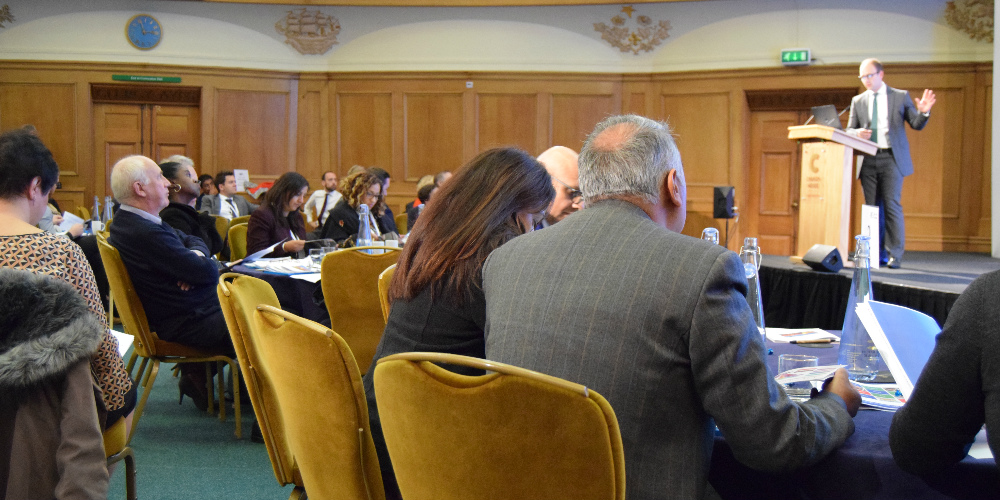Business rates relief took centre stage at the ACS’ Heart of the Community event near Parliament yesterday, with Labour and Conservative politicians addressing the ongoing issue.
The event coincided both with the news that inflation would add a further £1billion to retailer rates payments next year and that less than 4% of councils named and shamed for failing to hand out discretionary rates relief a week ago have managed to fix this.
162 local authorities out of 309 have now began to hand out their share of the £86m of discretionary relief announced in March, five more councils than last week.
Speaking at the event, UK High Streets Minister Jake Berry said just £30m of the £86m discretionary rates relief has been paid out to businesses in need. He commented: “Some local authorities have still failed to do so and I don’t think that’s acceptable.”
“I and my department will keep the pressure on local councils,” he continued.
ACS CEO James Lowman added: “The government are pressing them on this as a matter of urgency.”
Lowman also urged convenience retailers to take up the issue with their local authorities, adding: ”This is a real opportunity to engage, to build relationships locally. Because if you do this you have a better chance of getting business support when you really need it.”
However, also speaking at the event, Labour Shadow Small Businesses Minister Bill Esterson said the government’s handling of business rates had been “shambolic” and said it is wrong to point the finger at councils on rates relief. “This money came from central government so to blame local authorities simply isn’t good enough,” he said.
Berry accepted rates evaluation were “tough for many businesses” but said the Government had provided £9.5billion of support to help.
Asked about ATM and forecourt rate schemes, inflation based further rate increases next April, and making sure online retailers pay their fair share, Berry hinted that changes may be coming: “The government will respond in due course and we have a budget in a month and it’s up to the treasury to make those decisions.”
Labour was more direct, with Esterson stating: “Labour would radically reform business rates in the long term and would immediately introduce statutory annual revaluations, guarantee a fair and transparent appeals process, bring forward CPI indexation and exclude new investments from future revaluations.”



Comments
This article doesn't have any comments yet, be the first!